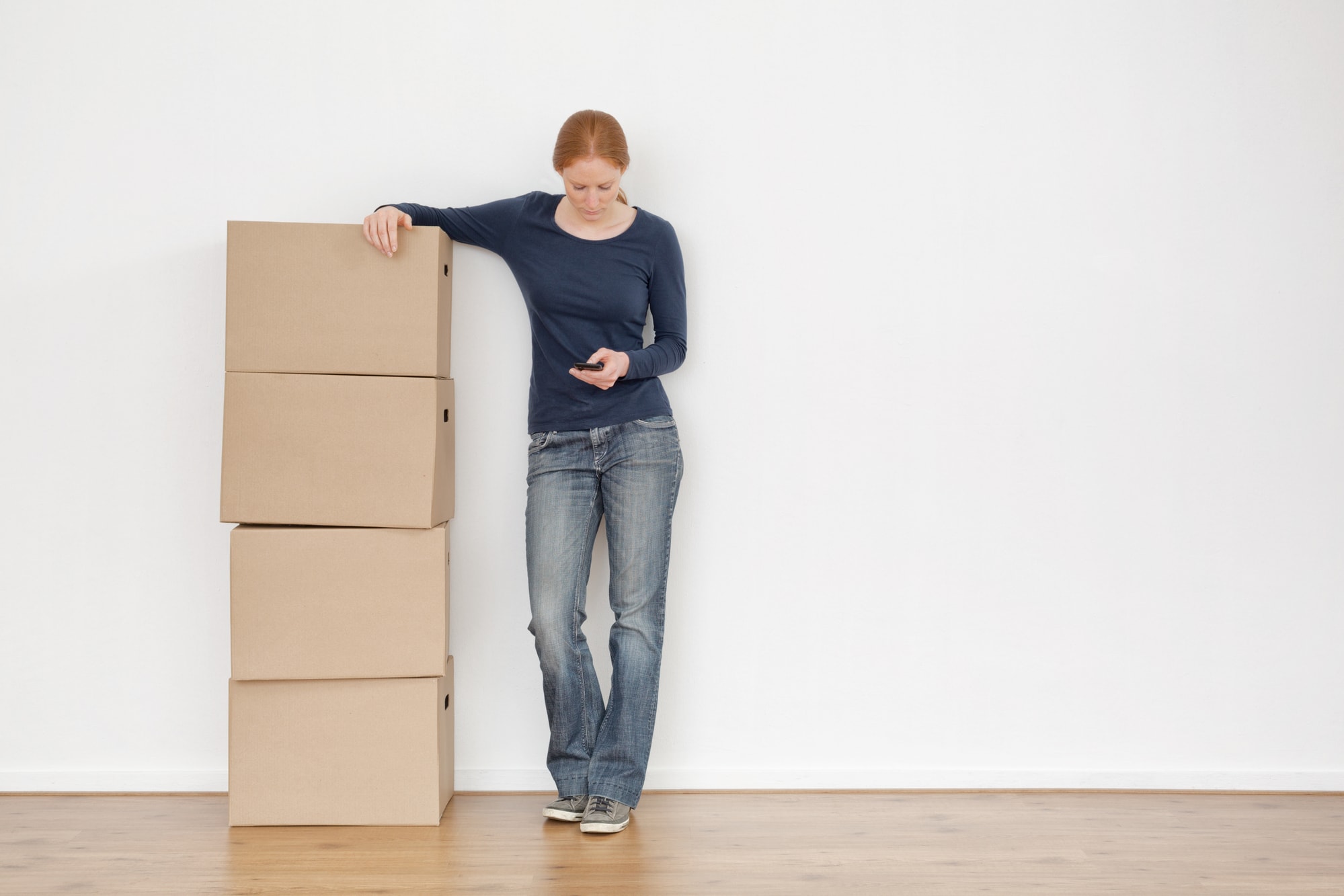Should you move out of the family home before you divorce?

When spouse separate or decide to divorce, is it automatic that one spouse needs to leave the family home? What are the advantages to staying under one roof during a divorce? Does leaving give your spouse more claim to the home in the divorce, or even more claim to the kids?
Let’s take a look at the ramifications of the important decision you may need to make…
Should you stay or should you go?
Question: We’re getting divorced and have two children. I can move in with my parents, leaving my kids at home with my ex. Would this move damage my chances with custody? Will my wife be able to change the locks and claim the house? I am not sure what to do.
Answer:
As part of the divorce, there are many things that need to be resolved including the division of properties and debts, custody, and support obligations. Depending on the financial circumstances, it may not be wise to move from the home at this point.
There are four key reasons why:
Your finances. Generally moving out of the home will result in additional expenses that may not be manageable as a result of the need to maintain marital assets and continue to pay marital bills. Moving out of the home could result in double expenditures which can cause a financial hardship for many. So long as you are not being harmed or abused, living together would be possible from a financial perspective.
Your claim to assets. Voluntarily moving out can also prompt your spouse to file a motion with the court for temporary exclusive possession of the marital home. If the court grants the motion, you may be barred from returning to the house while the divorce is pending.
Your spouse’s ability to care for the home. If conflict in your divorce is running high, your spouse may decide to be the vindictive type and let certain upkeep items in the home lapse as a “nice” little surprise for you when the house is put on the market. Being in the home means that you can help ensure that your home remains in good shape and market-ready (if you decide to sell).
Your kids. Voluntarily leaving your children in the home with your spouse essentially tells the court you are content being the non-custodial parent. Is this what you want? By staying in the home, you open up more possibilities with custody arrangements as your divorce moves forward. Bonus tip: Even when you and your ex remain under one roof, it is still in your best interests to establish a temporary parenting time schedule to cover the period of your separation.
Learn More:
Decided to Divorce? Four Questions to Ask Yourself Before Moving Out of the Family Home
Have questions about your separation or divorce? Still not sure what to do with your family home? Get answers to all your questions and start safeguarding your future today by scheduling an initial attorney consultation. Call us at 888-888-0919 to claim your appointment, or please click the button below.
Schedule an Initial Consultation



